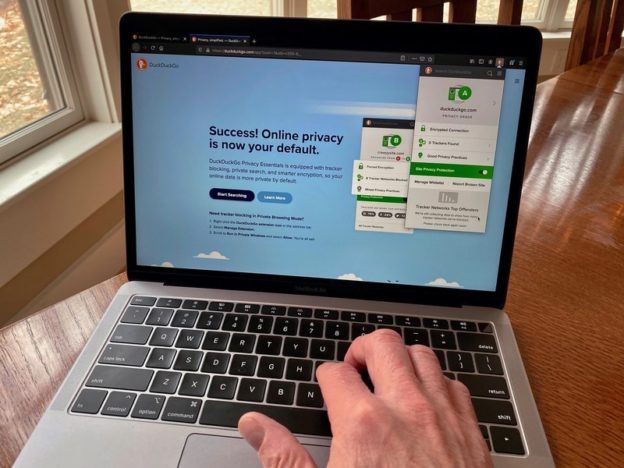Virtual data rooms are unique tools that provide businesses with complete privacy for storing and sharing sensitive data, but that’s not their only function. Many VDR providers design their products with a bias toward different business areas, giving each the capabilities they need. Thus, data room is suitable for almost any business industry, and in this article, we’ll identify which ones use VDRs most often and how exactly they do it.
What are virtual data rooms?
Virtual data rooms are a business tool that has recently become popular, and their demand is still growing. This demand has become driven by the critical need for businesses to keep their sensitive data safe while storing and sharing it during various business transactions. Data leakage has always followed companies on their heels, and in the digital world, you have to be especially careful because using unreliable means then comes with dire consequences. At this time, virtual data rooms have proven to be reliable for companies worldwide and have been used for almost five years in many businesses. VDR uses state-of-the-art security and business management measures to make your work as easy as possible and increase your company’s productivity.
What is the purpose of a virtual data room?
One thing that connects businesses worldwide is the need for quality data. VDR allows you to manage data during business transactions such as: effectively
- M&A -this complex and multi-step transaction was once the only one for which VDR was created. It is possible to store and exchange thousands of documents in the space securely and to conduct remote due diligence quickly and efficiently
- Fundraising – VDR security measures allow companies to share sensitive information with potential investors in a completely secure environment. Investors, in turn, can comfortably review all data and ask questions
- Strategic partnership -the data room is a great place to share critical data, as they can control access and interaction with each other’s documents
- Board communication – even the most confidential things can be discussed in the space, with an encrypted chat feature
- Consultation – a fully controlled data room environment will allow consultations to take place in absolute privacy and confidentiality
What industries use virtual data rooms?
Below we look at the business sectors that use VDRs most often:
- Technology -Technology companies appreciate the data room’s ability to distribute confidential information in a secure environment, so they can share their ideas and developments within the company and between different branches quickly and without any problems
- Investment banking – the investment sector uses VDRs regularly as they can be helpful in many business transactions such as fundraising, IPOs, and mergers and acquisitions. Large volumes of information need to be exchanged constantly in these processes, and the document access control features will allow this to be done as securely as possible
- Corporate Development -Corporate strategy is based on constantly growing data, which is why these companies need to structure their data properly to get the most out of it. VDRs facilitate the ability to structure with automation features and will help identify trends in data that may not have been noticed before
- Private equity and venture capital firms-typically these companies analyze multiple deals at once. VDR provides several spaces between which you can switch and monitor the situation in each of them
- Legal industry – this is an area that deals with vast amounts of data every day, but the data room allows you to not only easily organize it but also provide a secure exchange for any litigation
In addition, VDR is also used by real estate agents, accountants, and startups.

